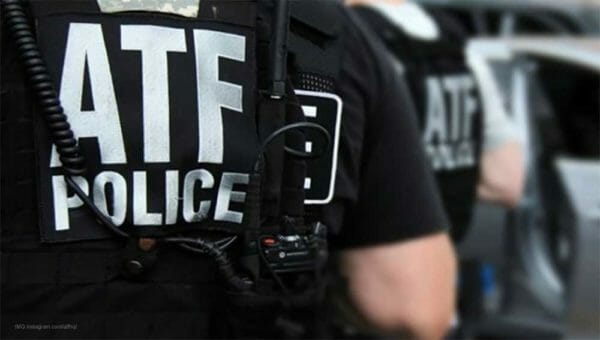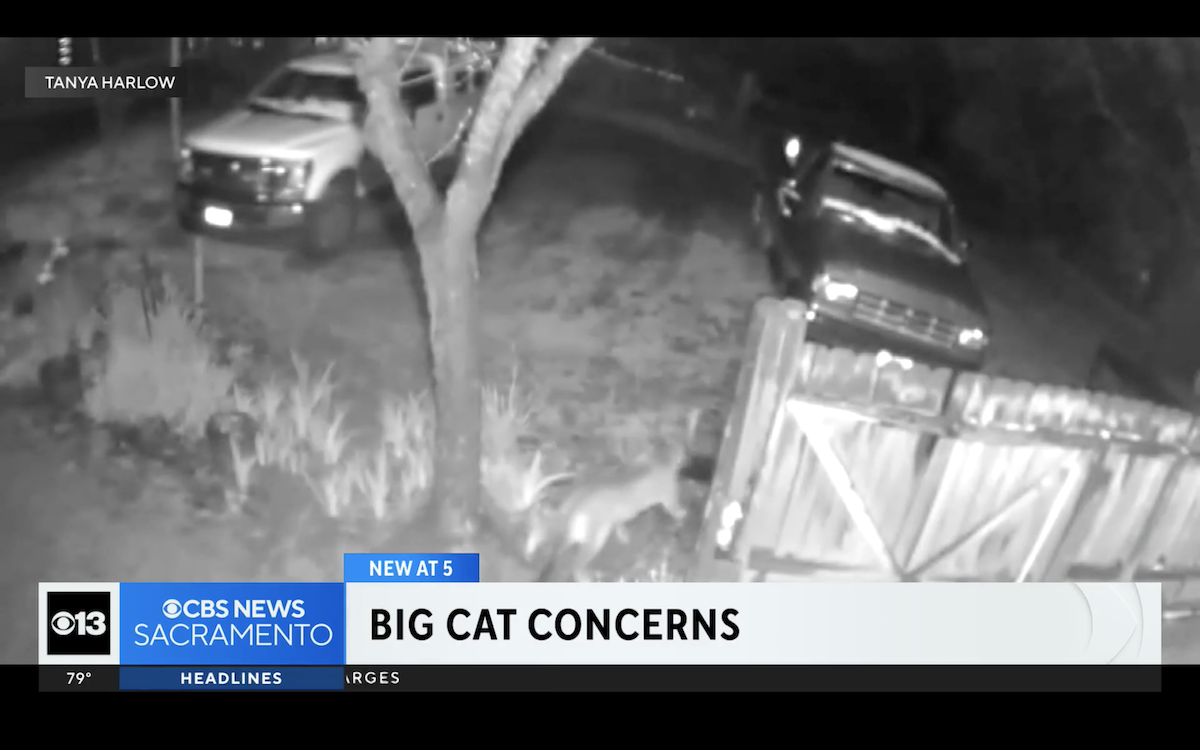
The Bureau of Alcohol, Tobacco, Firearms and Explosives (ATF) has unveiled its new rule defining what is a gun dealer. The rule will not go into effect 30 days after it is posted to the Federal Register.
The ATF decided to issue a new rule on who is required to get a federal firearm license (FFL) at the behest of the Biden Administration. The Bureau claims it was granted the power to change the rule under the Bipartisan Safer Communities Act (BSCA), passed with some Republican support. Although many gun groups warned Congress of the dangers of passing the bill, their concerns were ignored, and the significance of the bill was downplayed by Republicans like John Cornyn.
The new ATF regulation would require thousands of private sellers to get FFLs for selling as little as a single firearm.
The rule changes a dealer from someone who sells a gun with the “principal objective of livelihood and profit” to “predominantly earn a profit.” According to the new rule, the government doesn’t have to prove the gun seller intends to make a profit by selling the firearm. The rule puts the burden of proof on the accused. The seller would be “presumed” to be in business and an unlicensed dealer. Although this rule only applies to civil and administrative cases due to the presumption of innocence in criminal cases, the rule says the jury in criminal cases can be told of a person being found acting as an unlicensed dealer in a civil case, which many see as a legal loophole.
Simply advertising a gun for sale on a website, placing a sign, or putting a sign on their firearm would make them a dealer even if no money is paid to advertise. Many people attend gun shows to sell their unwanted firearms and put a barrel flag in the muzzle with a price. According to the rule, they would automatically become an unlicensed dealer. Using a service like Armslist would also make a person a gun dealer under the new rule because it specifically calls out using websites to sell firearms.
Gun owners are no longer allowed to rent tables at gun shows to sell their collections. Although most likely unrelated, the ATF recently raided the home of the executive director of an airport in a no-knock raid, shooting and killing the man for selling firearms at gun shows. It was not against regulations to sell guns at a gun show when federal agents gunned the man down.
“Based on this decades-long body of experience, the proposed rule provided that, absent reliable evidence to the contrary, a person would be presumed to have the intent to ‘predominantly earn a profit’ when the person: (1) advertises, markets, or otherwise promotes a firearms business (e.g., advertises or posts firearms for sale, including on any website; establishes a website for selling or offering for sale their firearms; makes available business cards; or tags firearms with sales prices), or otherwise secures or sets aside permanent or temporary physical space to display or store firearms they offer for sale, including part or all of a business premises, table or space at a gun show, or display case;98 (3) makes or maintains records, in any form, to document, track, or calculate profits and losses from firearms purchases and sales;99 (4) purchases or otherwise secures merchant services as a business (e.g., credit card transaction services, digital wallet for business) through which the person makes or offers to make payments for firearms transactions;100 (5) formally or informally purchases, hires, or otherwise secures business security services (e.g., a central station-monitored, security system registered to a business101 or guards for security102) to protect business assets or transactions that include firearms; (6) formally or informally establishes a business entity, trade name, or online business account, including an account using a business name on a social media or other website, through which the person makes or offers to make firearms transactions;103 (7) secures or applies for a State or local business license to purchase for resale or to sell merchandise that includes firearms; or (8) purchases a business insurance policy, including any riders that cover firearms inventory.104 Any of these firearms-business-related activities justifies a rebuttable presumption that the person has the requisite intent to predominantly earn a profit from reselling or disposing of firearms,” the rule reads.
A person will also be considered a dealer if they sell a firearm for more than they make in a specific period. If a law-abiding gun owner buys a gun in January, then loses their job the same month, they would not be able to sell their firearm to make ends meet if the amount exceeds the income that they made during the same time period because that would require them to get an FFL.
If an FFL shuts down and transfers the remaining stock into their private collection, that former FFL is forbidden from selling any of those guns for at least a year. Not only could they not sell their firearms for cash, but they could not trade for any other items since the law says trading guns for services or other items is the same as taking cash payment.
Home-based FFLs also face more significant challenges. Firearms for sale and personal guns used to be able to be stored in the same physical location if they were separated. Now, the rule expands the regulation to require each firearm from a person’s collection to be tagged with a physical tag stating that the gun is “not for sale.”
To violate this rule, a person doesn’t have to sell a gun or have the firearm in question in their possession. Merely stating that you could get a gun and sell it is enough to bring down the full force of the ATF on you. Many liken this to “Pre-Crime” in the “Minority Report” movie starring Tom Cruise.
Many see this rule as backdoor universal background checks, and multiple gun groups are planning legal challenges to the new rule.
About John Crump
John is a NRA instructor and a constitutional activist. Mr. Crump has written about firearms, interviewed people of all walks of life, and on the Constitution. John lives in Northern Virginia with his wife and sons and can be followed on Twitter at @crumpyss, or at www.crumpy.com.







